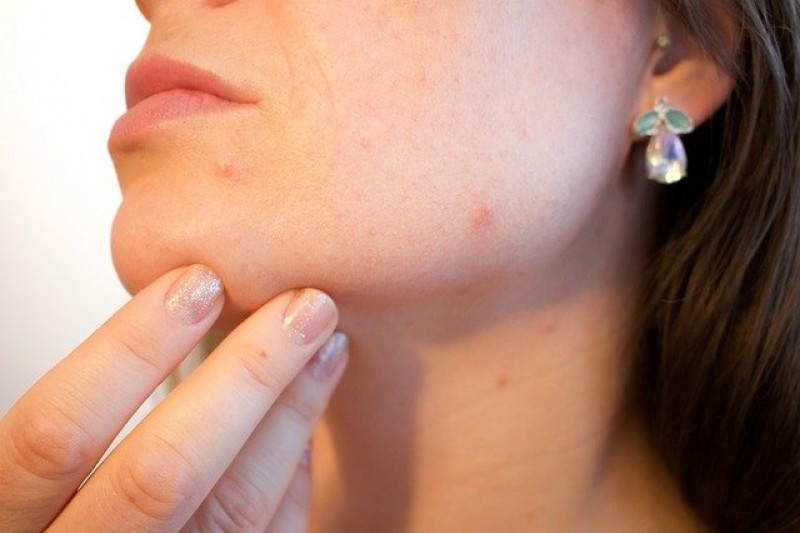Hormones are at work inside your body 24/7, performing an assortment of different functions. Hormones affect mood, digestion, circadian rhythm, and a myriad other bodily processes. Good lifestyle choices and the right supplementation can be a huge benefit to your hormones and therefore to you.
Hormones and What They Do
Hormones are extremely vital to organ and bodily function. They are responsible for sending
chemical messages to organs and tissues to work a certain way. The endocrine system is the system responsible for all of your body's hormone production and release.
Hormones are secreted from areas called
glands, and they are transmitted through the blood to an organ (i.e., muscles). When the organ receives the hormone, it is prompted to act, or not act, in a certain way.
The pituitary gland is the primary locus of control for your hormones. It senses when enough, or too little, of a hormone has been produced. It responds by coordinating hormone release, so bodily homeostasis is
maintained. It interacts with the hypothalamus, thyroid, and other major glands to coordinate all of your body's hormones.
Healthy Hormones
Generally speaking, when your hormones are functioning properly, you're going to be healthier and more comfortable physically and mentally, whether or not you have a hormonal disorder. Exercise, healthy eating, and appropriate medical attention are all essential to
preventing hormone issues.
A variety of
health conditions exist relative to the endocrine system. Thyroid disorders occur when the thyroid produces too much, or too little, of certain hormones. Diabetes occurs when the pancreas doesn't produce enough insulin, which is a hormone. These are some of the most common hormonal disorders.
Supplements for Healthy Hormones
As it is with your overall health, your hormonal health is best served by making good diet and lifestyle choices. Supplementation is exactly that – a way to supplement other good work you do for your health, not to replace it. Talk to your doctor before trying and using a particular supplement for the first time.
CoQ10, or coenzyme Q10, has been shown to be useful in regulating a few different hormones. According to
one study, one hundred milligrams of CoQ10 taken daily for three months reduced the presence of anti-Mullerian hormone in women with polycystic ovary syndrome (PCOS). It can also reduce testosterone in women with PCOS, and has antioxidant properties that help balance other hormones.
Vitamin D does a lot of things, one of them being to help facilitate the release of other hormones. This is actually because it is a hormone, and therefore it often functions like one by
interacting with other hormones.
Kava is an herbal supplement that interacts with hormones, and is useful in its tendency to
produce a calming effect. It can be especially useful for women who are experiencing pain and cramping due to menstruation.
Flax seed is useful for its
regulation of estrogen levels. It is a phytoestrogen, meaning that it can act like estrogen within the body. It can be very useful for women, by helping regulate when there is either too much
or too little estrogen being produced. It's useful during menstrual cycles, and for those with PCOS.
Vitamin E is potentially beneficial for its apparent effect on hormonal balance during
conditions of stress. Animal studies have been done showing a positive effect, and this might well carry over to humans as well. It also might have an effect on insulin by decreasing the production of insulin over time if taken regularly for more than 12 weeks.
Some people often joke about someone whose hormones are out of whack, but a hormonal imbalance is noting to laugh about. It can produce numerous health-related symptoms that can adversely affect your quality of life. Be prepared with the right supplements nearby to help you get back on track.

